The advisory board of public engagement with science (PES) experts and representatives of other STEM research networks and organizations promotes accountability of the work and broadens its impact beyond the LTER Network. We convene these advisors on an annual basis to review project activities, elicit feedback and identify opportunities for dissemination. Knowledge generated from this project will be relevant to STEM research organizations beyond the LTER Network, particularly the environmental research networks, field stations, and marine laboratories of the U.S., many of which are represented on our advisory board.
Elyse Aurbach
Director, Public Engagement and Research Impacts & APLU Civic Science Fellow
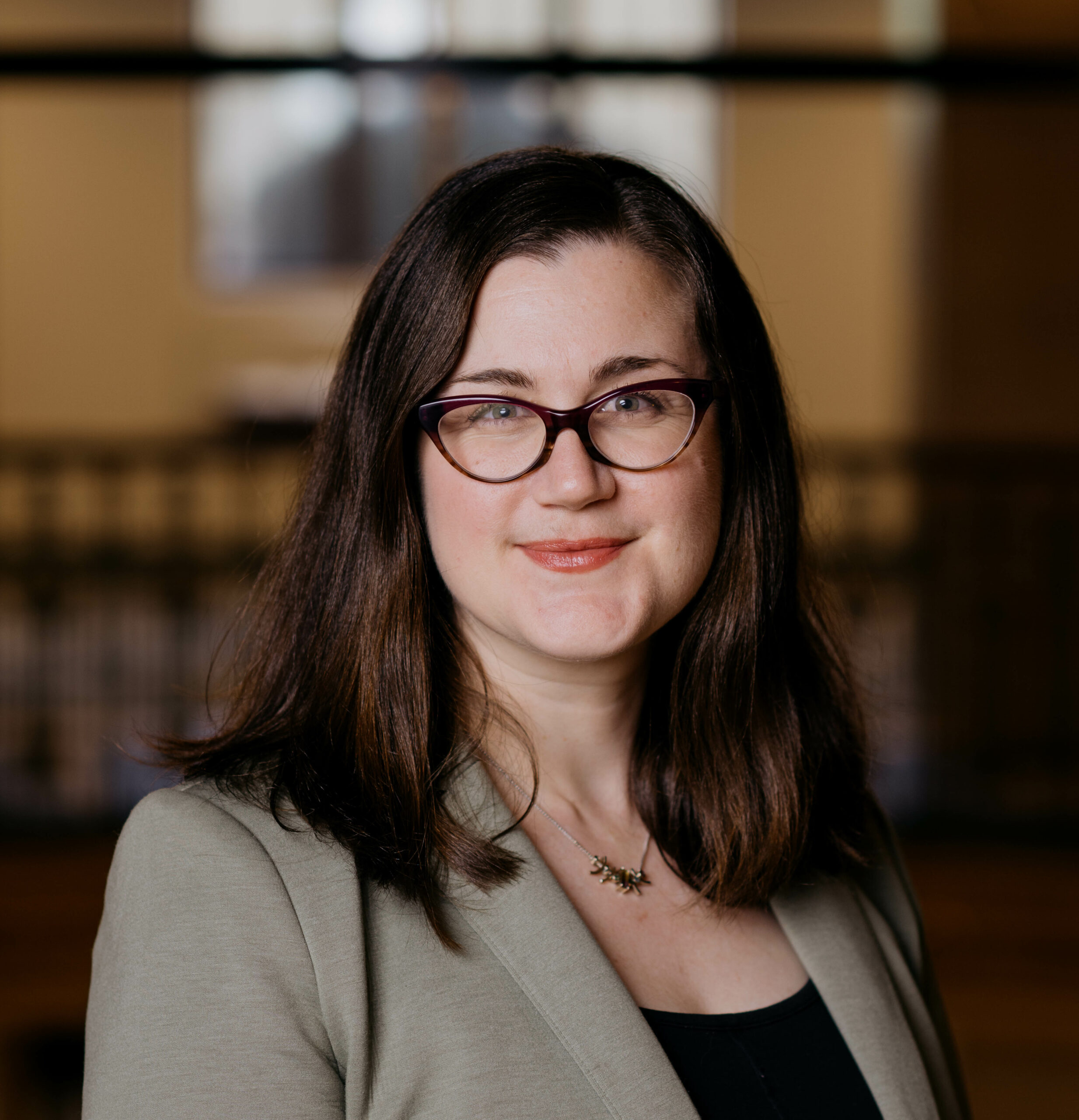
Elyse Aurbach is a public engagement researcher & practitioner, currently serving as Director for Public Engagement & Research Impacts in the University of Michigan’s Office of Research and as a Civic Science Fellow with APLU. She specializes in translating research into useful tools for practice, building effective training and capacity-building programs, and developing frameworks that synthesize scholarship and practitioner knowledge to help public engagement systems evolve. Aurbach was a NSF Graduate Research Fellow, a finalist for the AAAS Early Career Award for Public Engagement with Science, and an ARIS Fellow. She holds a PhD in neuroscience.
Cathlyn (Cat) Davis
Tenured Researcher, University of Maryland Center for Environmental Science
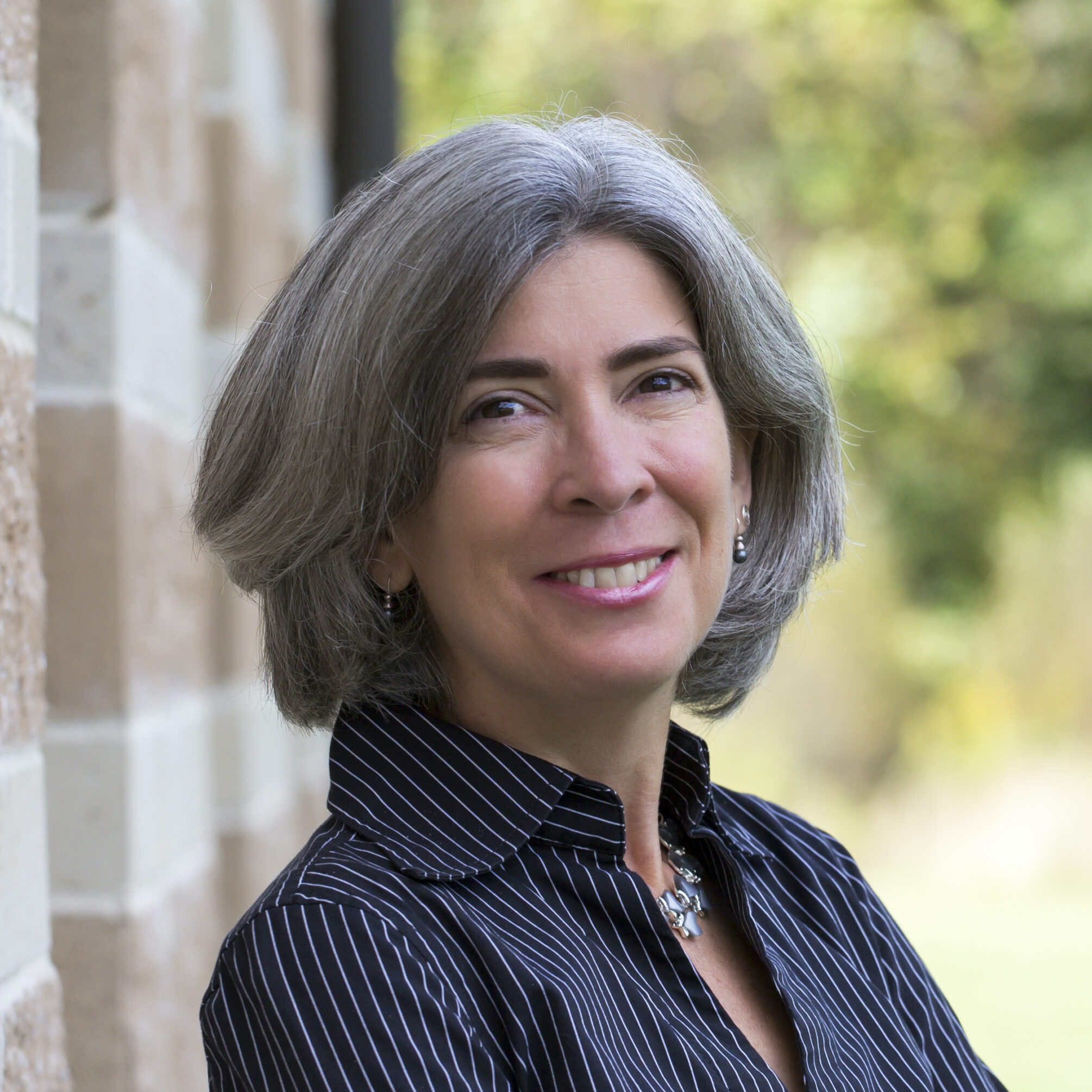
Cathlyn (Cat) Davis (formerly Stylinski) is a tenured researcher at the University of Maryland Center for Environmental Science Appalachian Laboratory. She holds a Ph.D. in ecology, and has extensive experience developing, studying, and evaluating public engagement with science. Dr. Davis has led multiple large NSF education grants including the Streamline Embedded Assessment for Citizen Science project, and is the editor-in-chief for the Citizen Science: Theory and Practice journal. She has also served as an evaluator, advisor and reviewer for numerous national committees, proposal reviews, publications, and programs linked to science engagement.
Travis Tangen
Principal Strategist, STEMsaic
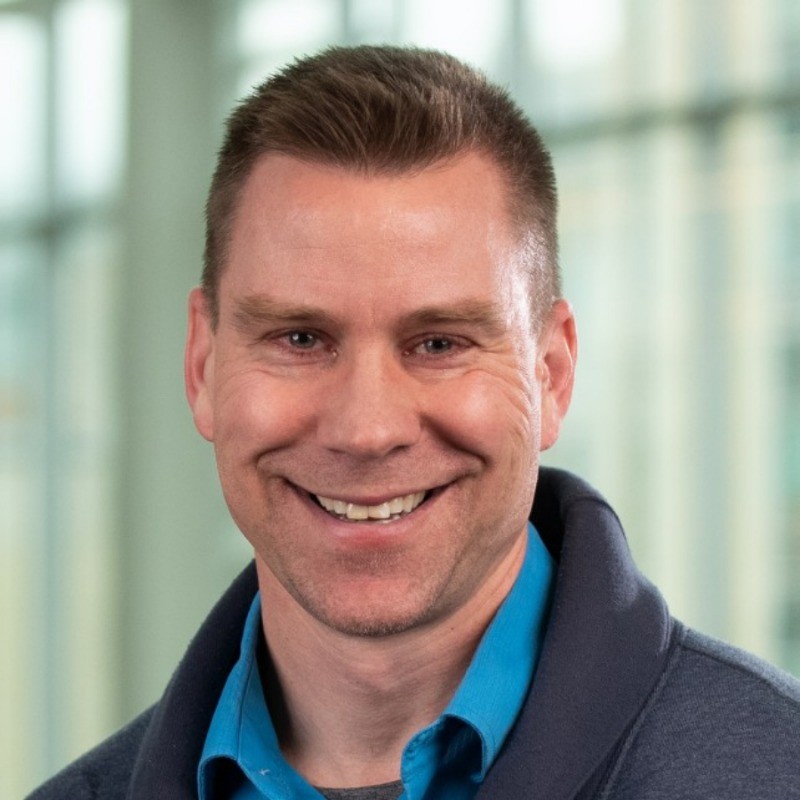
With over 27 years invested in science and science education, Travis Tangen remains a prominent figure in the realm of research impacts. Anchored by his diverse roles as an entrepreneur, science teacher, education researcher, and research impacts director, Travis has shaped broader impact design at both local and national levels. He’s a proud founding member of key programs and platforms like ‘Portal to the Public-WI Idea STEM Fellows’, PBS-WI’s ‘Meet the Lab’, and the Research Impact infrastructure at Discovery at UW-Madison. Having made design contributions to projects that together secured over $84M in grants, Travis is a leading advocate for STEM partnerships and innovative community engagement.
Mónica Feliú Mójer
Director of Communications and Science Outreach , Ciencia Puerto Rico
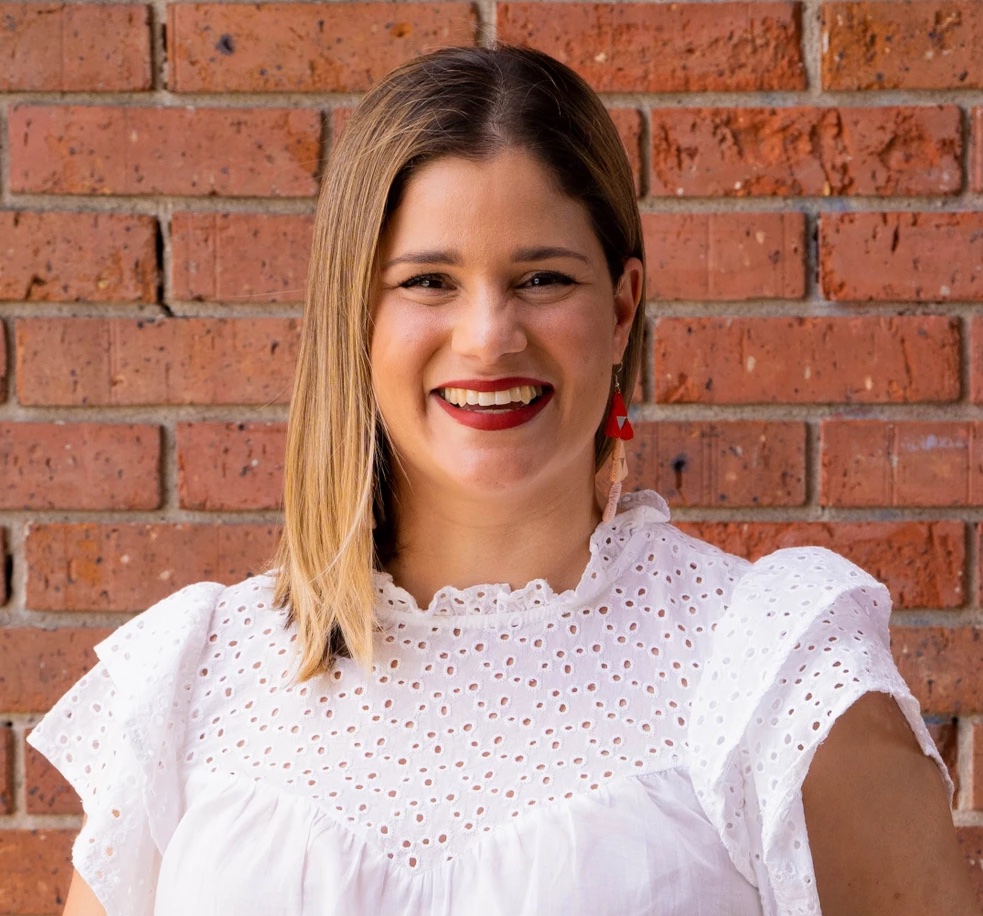
Mónica Feliú Mójer is a bilingual scientist-turned-communicator. They tap into their PhD training, personal background, and culture (a woman from a rural working class community in Puerto Rico) to engage historically underserved and overlooked audiences, especially Puerto Ricans and other Spanish-speakers, with science.
Mónica has more than 17 years of experience in multimedia science communication, community engagement, media relations, filmmaking, and science advocacy. They apply a cultural lens to science communication and storytelling to make science more accessible to all cultures.
Sunshine Menezes
Clinical Professor of Environmental Communication
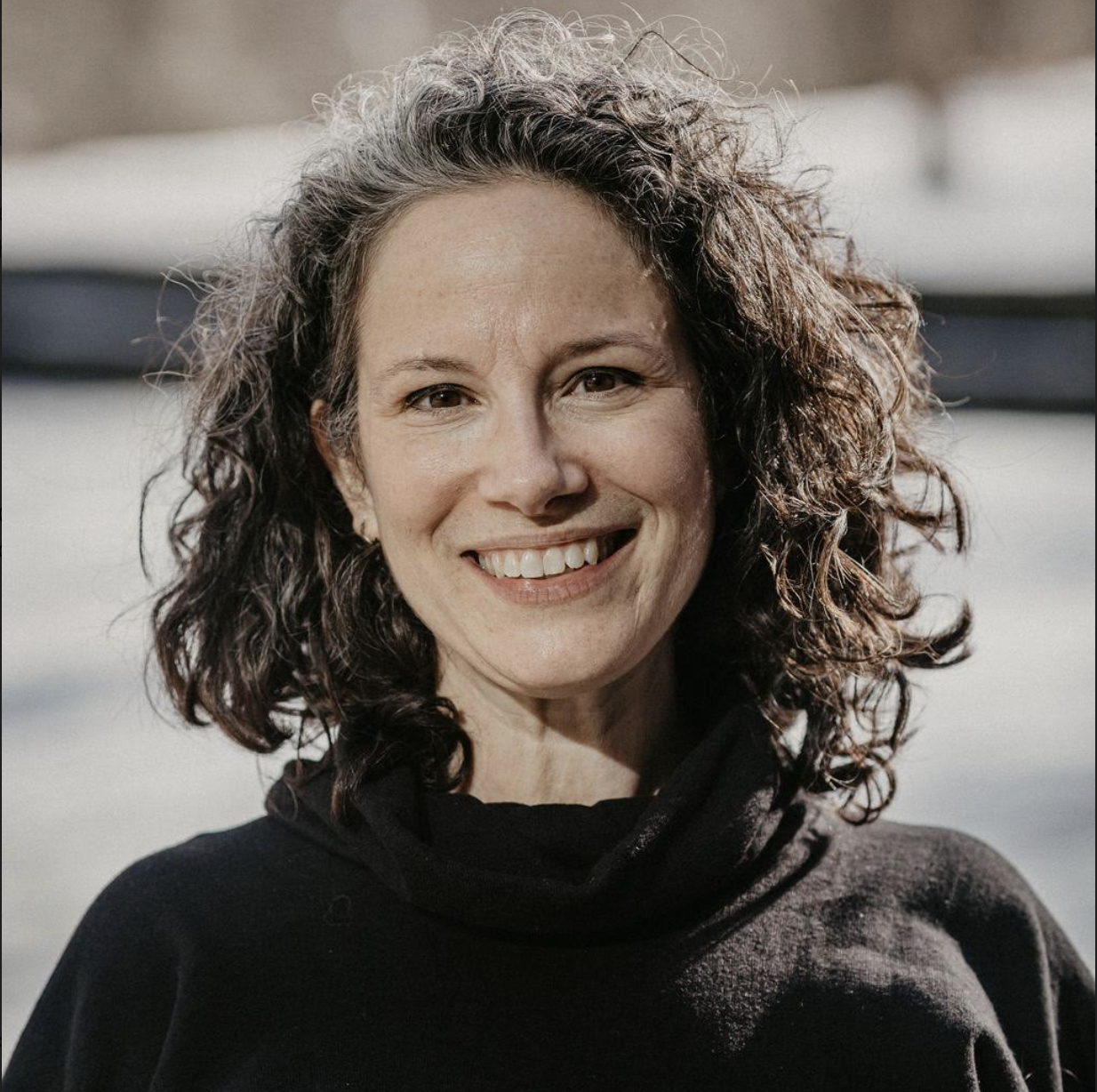
Sunshine Menezes is a Clinical Professor of Environmental Communication in the University of Rhode Island’s Department of Natural Resources Science. With a background spanning oceanography and environmental policy, she’s a driving force for inclusive and strategic science communication. Sunshine was the executive director of URI’s Metcalf Institute for nearly 18 years, where she provided strategic direction and developed mission-relevant programs and resources for journalists, scientists, and other communicators. Sunshine co-founded the in 2018. In all her work, Sunshine aims to promote equitable societal participation in STEM through transdisciplinary graduate education, training, and other collaborative efforts to support the growing science communication community of practice and research. Sunshine holds a Ph.D. in oceanography from URI School of Oceanography.
Jordan Read
Executive Director, Consortium of Universities for the Advancement of Hydrologic Science

Jordan Read (he/him) is the Executive Director at CUAHSI. In this role, Jordan develops and implements the overall strategy for CUAHSI, maintains and builds partner relationships, and helps to ensure sustainability of the organization. Prior to joining CUAHSI, Jordan established the Water Data Science Branch at the U.S. Geological Survey to advance capabilities in modeling, data visualization, and reproducible science. Jordan has a Ph.D. in Civil Engineering (Environmental Fluid Mechanics) from the University of Wisconsin – Madison.
David Sittenfeld
Director for the Center for the Environment, Museum of Science, Boston
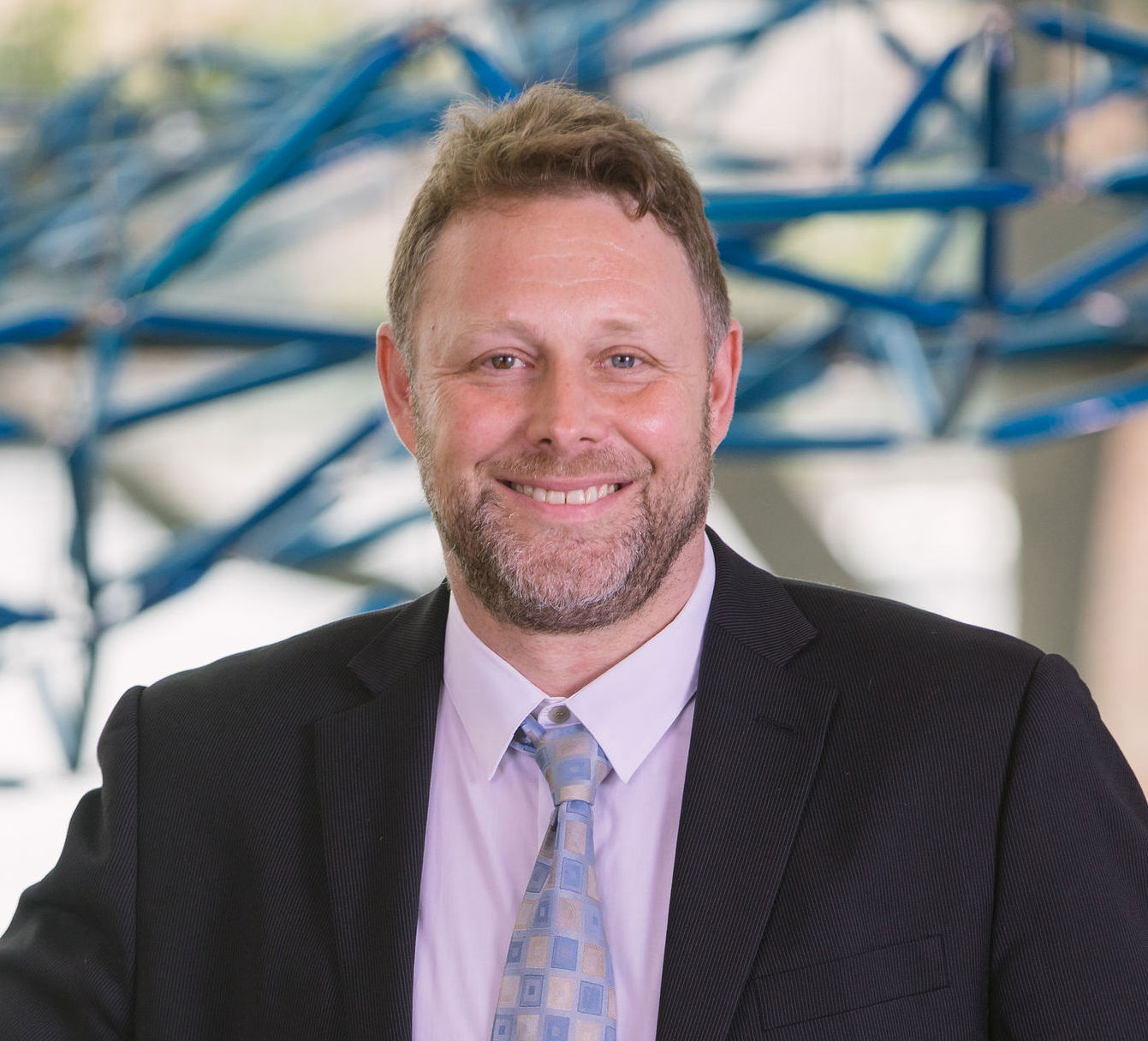
David Sittenfeld is Director for the Center for the Environment at the Museum of Science, Boston, coordinating special projects about issues that lie at the intersection of science and society. He serves as Principal Investigator for the NSF-funded Building Capacity for Co-Created Public Engagement with Science project, working to embed community and civic priorities into the implementation of PES activities. He was principal investigator for two NOAA-funded projects that implemented science-to-civics activities at 30 US science centers. David holds a PhD from Northeastern University, where he researched and implemented participatory methods and geospatial modeling for PES about climate related hazards.
Jameela Jafri
STEM Education Consultant
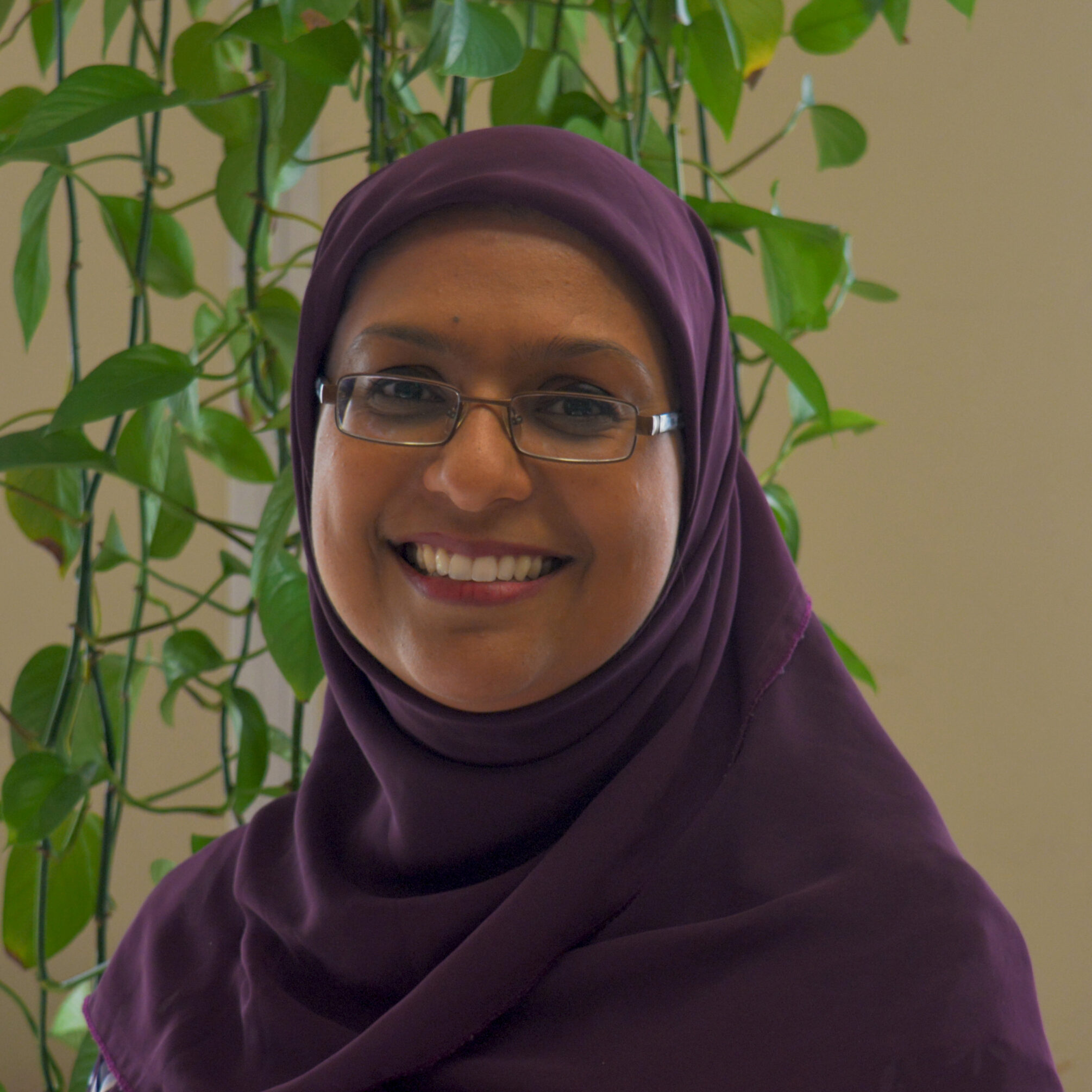
Jameela Jafri has spent nearly 20 years in the field of science education as a teacher, mentor, and advocate for broader participation in STEM. Currently, she is a curriculum writer and program developer for science programs, both in classroom and out-of-school time settings. She is particularly focused on engaging communities traditionally not involved in the sciences. Through her work at Project Exploration, as Director of Special Projects, Jameela has designed, implemented, and evaluated numerous youth out-of-school time programs, such as Project SYSTEMIC, an NSF INCLUDES project. Previously, she was the Director of the Chicago STEM pathways cooperative where she built and connected STEM learning opportunities to Chicago youth.
Reyhaneh (Rey) Maktoufi
Science Communication Researcher
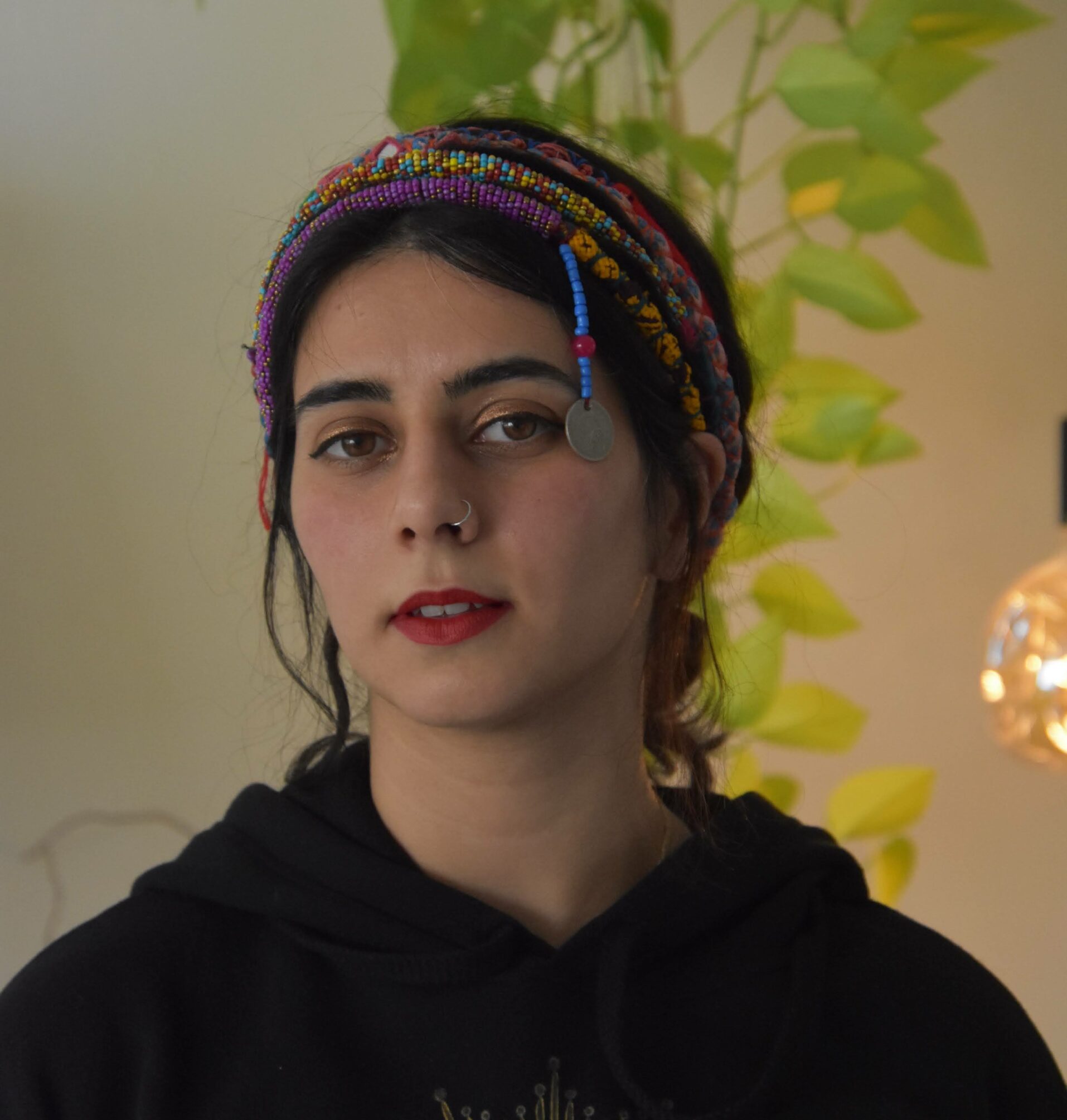
Dr. Reyhaneh (Rey) Maktoufi is a DC-based, Iranian researcher and science communicator. She is the co-producer, host, and illustrator of PBS|NOVA’s digital series Sciencing Out, a mini-series on women in history who have used different strategies to communicate their science. Rey has completed her Ph.D. in Media, Technology, and Society at Northwestern University. She is currently an HHMI / Tangled Bank Studios Fellow in Science Communication. Previously, Rey was a Rita Allen Foundation Civic Science Fellow in Misinformation at GBH / NOVA. As a researcher, media strategist/consultant, and producer, her main fields of interest are science communication, misinformation, curiosity, public engagement with scientists, and science communication in media.
Bob Crimian
Program Manager, COMPASS
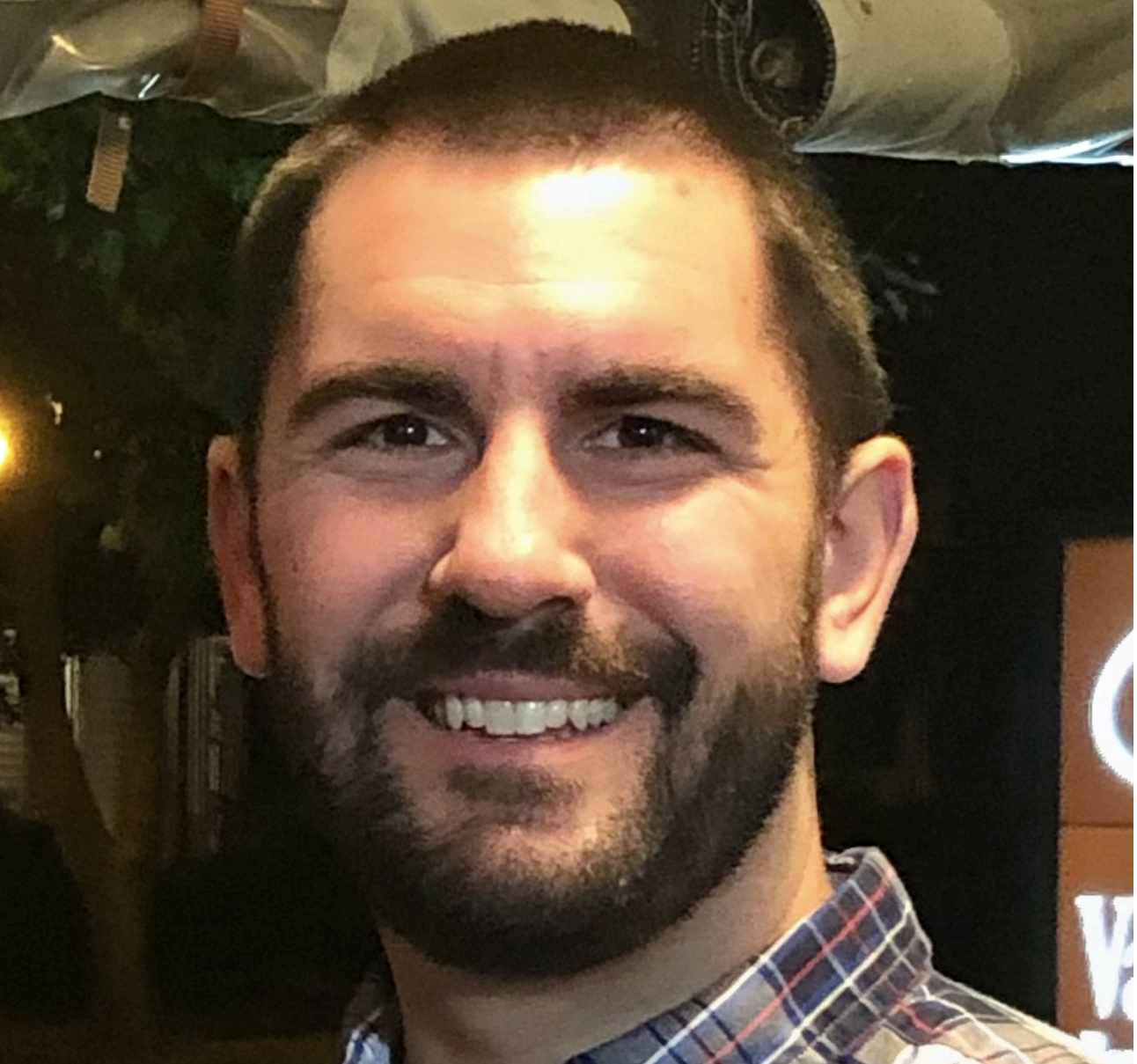
Bob Crimian is a Program Manager at COMPASS, a non-profit that supports scientists in communicating their work and engaging beyond the lab and field. In his role, he both trains scientists in leadership, policy, and communication skills, as well as fosters strategic engagement opportunities for scientists with policy makers, journalists, community groups and others. Prior to COMPASS, Bob was the Southeast Ocean Conservation Specialist for The Nature Conservancy, working and collaborating with researchers across the Atlantic Coast and Gulf of Mexico (including with LTER Network researchers). Bob holds a MS in Environmental Studies from The College of Charleston (SC) and is based in Savannah, GA.
Susan Renoe
Associate Vice Chancellor for Research Development and Strategic Partnerships
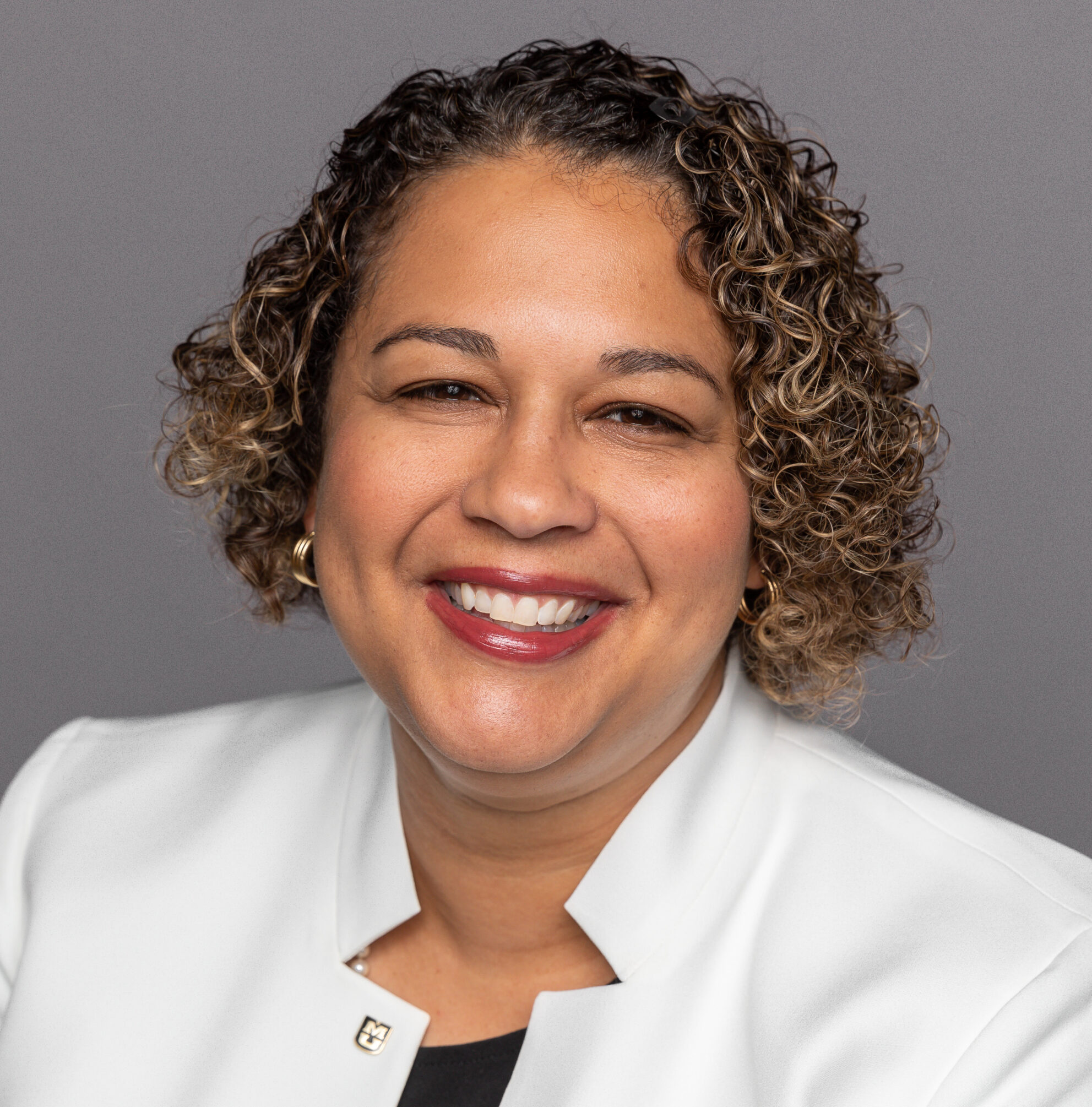
Dr. Susan Renoe is Associate Vice Chancellor for Research Development and Strategic Partnerships at the University of Missouri. Additionally, she holds a tenure-track faculty appointment as an Assistant Professor of Strategic Communication in the MU School of Journalism. She also serves as Executive Director of the NSF-funded Center for Advancing Research Impact in Society (OIA-1810732). In her roles, Susan works to strengthen the university’s impact on the state of Missouri, the nation, and the world.
She received her MA and PHD in education from the University of California-Santa Barbara and BA and MA in anthropology from the University of Missouri.
Michael De Luca
Executive Board, National Association of Marine Labs; President, Northeast Association of Marine and Great Lakes Laboratories
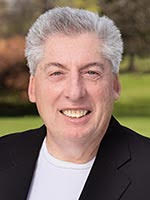
Mike De Luca provides executive management and leadership for integrated programs of research, education and outreach, especially the Jacques Cousteau National Estuarine Research Reserve, and the Rutgers Aquaculture Innovation Center.
He has led efforts to capitalize on environmental sampling and sensing networks to inform coastal management and enrich K-12 science education. He currently leads efforts to restore the ecological integrity and resilience of coastal systems and communities in the aftermath of hurricanes and severe storms, and an international initiative to advance management of marine protected areas. His experience includes service as the President of the National Estuarine Research Reserve Association and President of the National Association of Marine Laboratories.
